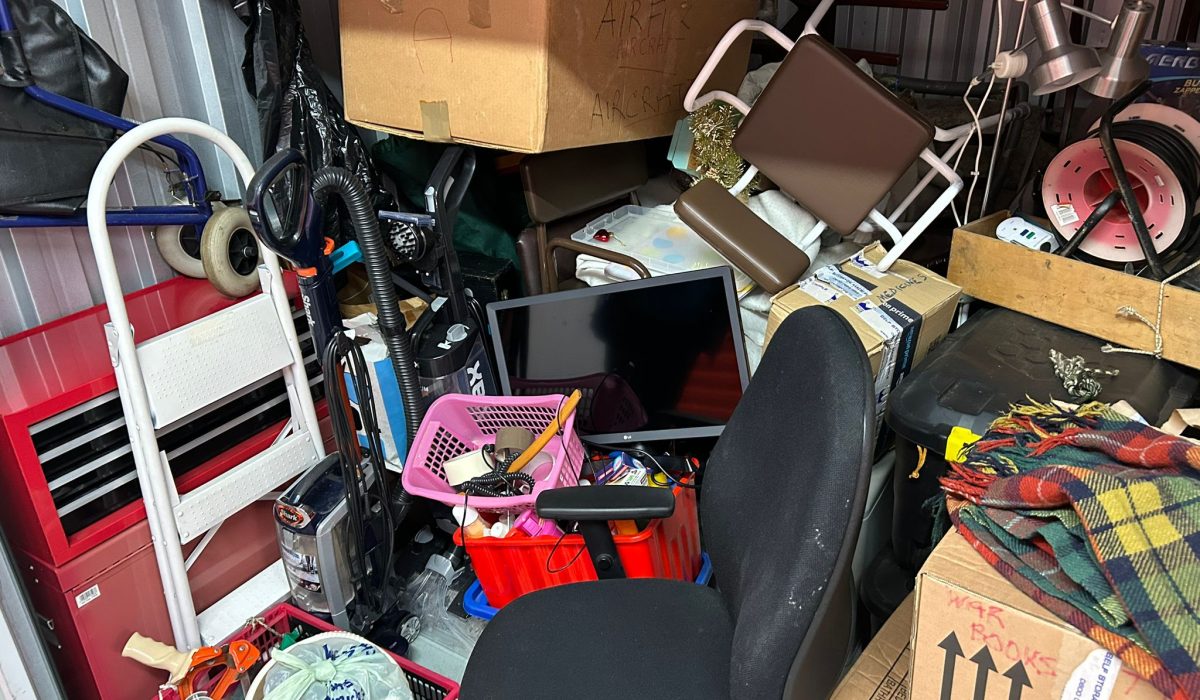Fly-tipping in Oxford: Local Challenges in a National Crisis
1. What Is Fly-tipping?
Fly-tipping involves illegally dumping waste—whether household bags, furniture, builders’ rubble, or hazardous items—on land without a permitted waste licence. In Oxford, it occurs on public highways, pavements, alley-ways, parks, and sometimes private land. Local residents, council teams, and district authorities play a vital role in reporting and addressing each incident. Here at windrush valley house clearance we are proud members of the ANTI FLY TIPPING ASSOSIATION (AFTA)
2. National Scale: How Serious Is the Problem?
- In England, local authorities handled about 1.15 million fly-tipping incidents between April 2023 and March 2024—a 6% increase from the previous year.
- That equates to roughly 3,157 incidents per day, or one every 27 seconds.
- The majority (60%) involve household waste—this figure rose from 654,000 incidents in 2022/23 to 688,000 in 2023/24.
Small-scale items dominate: around 31% match a “small van load”, 28% a “car-boot or less,” and single items/mattresses were 16% of the total. Large-scale tipper-lorry loads made up just 4% but cost authorities dearly—£13.1 million was spent clearing tipper-size waste in 2023/24.
3. Fly-tipping in Oxford and Oxfordshire
While there is no public breakdown at ward or postcode level for Oxford within these national figures, local authorities in Oxfordshire—including Oxford City Council and surrounding district councils—collaborate closely to report and clear incidents.
- Oxford City Council’s StreetCleaning division responds to reported fly-tipping within five working days once a case is logged via FixMyStreet or their reporting system.
- As in neighbouring districts, landowners or residents who hired someone to dispose of waste can still be legally responsible if the waste was fly-tipped. Always ask to see the carrier’s licence.
Recent reporting from South Oxfordshire reveals that in 2024 those councils handled around 1,092 incidents, with enforcement actions taken in approximately 80 cases.
4. Enforcement and Penalties
Across Oxfordshire districts:
- Shrinking official fines are typical: some councils issue a £400 fixed penalty notice (FPN), though unlimited fines are possible on conviction in court.
- Offenders may receive court summons and potentially pay thousands or face custody in extreme cases.
Nationally in 2023/24:
- Approximately 63,000 FPNs for fly-tipping or related offences were issued. The average value among responding authorities was £520.
- Courts handled around 1,378 prosecutions, with an average fine amount of £530, and about 97% of cases resulted in conviction.
5. Local Impacts: Environment, Community, and Economy
- Fly-tipping damages Oxford’s streets, historic neighbourhoods, and green corridors. Waste left on pavements or alleys becomes public health concerns: attracting vermin, generating odours, and threatening waterways.
- For property owners and residents, the legal and cleanup burden can be significant—especially when councils have to act urgently.
- Tourism and local business can suffer reputational harm when dumps appear in public areas, parks, or near retail zones.
6. What Citizens and Businesses Should Do
✅ If You Discover Fly-tipping:
- Report it via the Oxford City Council online reporting system or FixMyStreet—include location details, date/time, and ideally a photo.
- If you witness someone in the act, document vehicle details, individuals involved, and call the council or police if necessary—but do not approach or move the waste.
🚛 If Hiring a Waste Carrier:
- Always verify that any waste carrier is registered with the Environment Agency. Windrush Valley house clearance Waste carrier license CBDU535106
- Ask for proof of their licence and explain how your waste will be disposed of. If they refuse or can’t provide it, refuse their service. The SCRAP code—Check, Refuse, Ask, Protect—helps avoid liability.
🧹 If You Fly-tip Unintentionally:
- Even leaving a bin bag next to a full bin could be considered fly-tipping. That action is estimated to be something nearly 8–17% of adults in the UK admit to doing occasionally.
- You remain legally responsible for your waste until it is properly disposed of—regardless of who physically dumped it.
7. Preventing and Tackling Fly-tipping Locally
- Local councils and community groups in Oxfordshire often host clean-up events, encourage neighbours to report incidents, and share waste-disposal guidance.
- Oxfordshire residents can use local Household Recycling Centres and bulky waste collection services—some councils offer low-cost or subsidised bookings for large items.
- Education campaigns emphasise that keeping receipts or paperwork from licensed waste carriers gives individuals evidence to defend against allegations of fly-tipping.
8. Conclusion: Tackling Fly-tipping in Oxford
- Fly-tipping remains a persistent issue across England, with more than 1.15 million incidents last reported in 2023/24, including rising household waste cases.
- Oxfordshire councils—including Oxford City—respond to local incidents swiftly and collaborate across districts. Local residents, property managers, and businesses must remain vigilant.
- The best solution lies in education, prevention, and enforcement: using only licensed carriers, reporting violations, and investing in community awareness helps protect the local environment and reduce the burden on councils.




